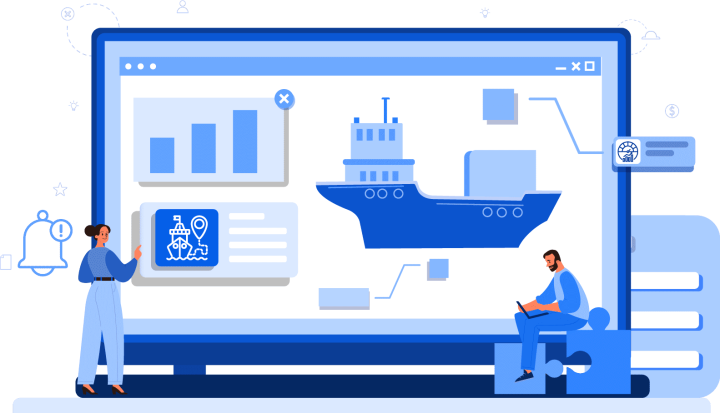Exploring New Marine Management Software Market Opportunities
Posted by Shraa MRFR
Filed in Technology 36 views
The ongoing digitalization of the global maritime industry is creating a wealth of new Marine Management Software Market Opportunities for innovative software vendors and service providers. One of the most significant opportunities lies in the area of decarbonization and sustainability. With the IMO setting ambitious goals for reducing the shipping industry's greenhouse gas emissions, there is a massive and growing demand for software solutions that can help companies monitor, report, and reduce their carbon footprint. This creates opportunities for developing advanced modules focused on fuel consumption analytics, vessel performance optimization, and compliance with new regulations like the Carbon Intensity Indicator (CII). Companies that can position their software as a key tool for achieving "green shipping" objectives will tap into a major area of future investment.
Another substantial opportunity exists in catering to the needs of the small and medium-sized enterprise (SME) segment of the shipping market. While large, multinational shipping lines were the early adopters of comprehensive management systems, thousands of smaller companies operating just a handful of vessels remain an underserved market. These operators often lack the large IT budgets and dedicated personnel to implement complex, enterprise-grade software. This opens up a significant opportunity for vendors to develop lightweight, modular, and affordable cloud-based (SaaS) solutions that are easy to deploy and use. By offering flexible subscription plans and focusing on the most critical management functions, software providers can unlock a vast, high-volume segment of the market that is ripe for digitalization.
Finally, the long-term vision of autonomous and smart shipping presents a frontier of immense opportunity. While fully autonomous vessels are still in development, the journey towards them involves increasing levels of automation and remote operation, all of which will be managed by highly sophisticated software. This creates opportunities for developing platforms that can handle remote vessel monitoring, diagnostics, and even control. Furthermore, the integration of AI for advanced decision support, computer vision for navigation, and blockchain for secure cargo documentation are all areas ripe for innovation. Vendors who invest in these forward-looking technologies today will be positioning themselves to become the operating systems for the smart ships of tomorrow, representing the ultimate opportunity in the evolution of marine management software.
